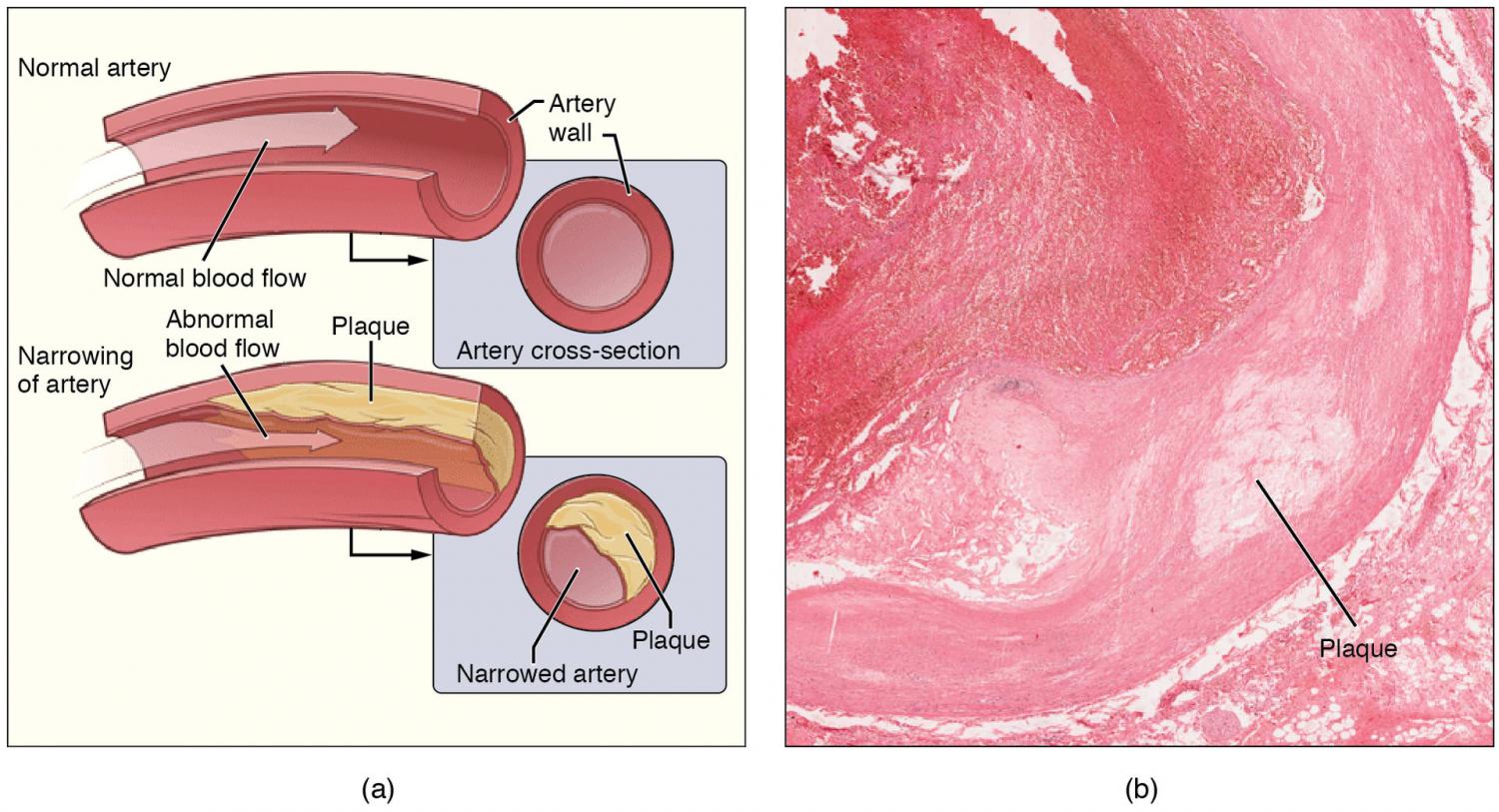
Patients with heart failure, a condition affecting more than 60 million worldwide, are four times more likely to receive the optimal combination of medications after 12 weeks of digital consultations. Researchers from five Dutch hospitals, coordinated by Amsterdam UMC, found that the use of digital consults improved care while maintaining patient satisfaction. These results are published today in Nature Medicine and simultaneously presented at the annual conference of the European Society of Cardiology.
“During the COVID-pandemic almost all of our patients were suddenly digital consult patients and, to be honest, this worked well but there were also concerns. Those concerns gave us the idea for this study,” says Mark Schuuring, former cardiologist at Amsterdam UMC and now cardiologist at Medical Spectrum Twente.
“Our program measures the quality of care by comparing the doctor’s approach in the digital consultation with the current guidelines. We investigated the digital data exchange between patients and doctors and provided them both with more information. The program encourages doctors and nurses to give treatment that is closest to international guidelines. The business community makes extensive use of such programs, but they are not yet commonplace in the care sector,” adds Schuuring.
Researchers divided 150 patients into two groups. One followed the digital consultation strategy and the other the traditional care path. After 12 weeks the researchers then measured how many patients had reached the optimal medication combination. Ultimately, 28% of those taking part in digital consults received the optimal combination, in comparison with just 7% of those receiving the traditional care package.
“Ultimately, we saw that this is superior to the way we currently organize care and this is demonstrated by the data,” says Schuuring.
The researchers also analyzed many of the concerns that are often raised around the use of digital consultations and found no differences in the amount of time that was invested, the levels of satisfaction or, crucially, the patient’s quality of life.
“This study shows that digital consultations are really a win-win, the patient’s care was improved, and their experience was also not in any way reduced. We think that this could work way beyond heart failure. Something which is urgently needed as the increases in patient populations outstrips the growth in staff numbers,” concludes Schuuring.
More information:
Digital consults in heart failure care: a randomized controlled trial, Nature Medicine (2024). DOI: 10.1038/s41591-024-03238-6
Citation:
Digital consultations found to improve the rate at which heart failure patients receive optimal medication (2024, August 31)
retrieved 1 September 2024
from https://medicalxpress.com/news/2024-08-digital-heart-failure-patients-optimal.html
This document is subject to copyright. Apart from any fair dealing for the purpose of private study or research, no
part may be reproduced without the written permission. The content is provided for information purposes only.



